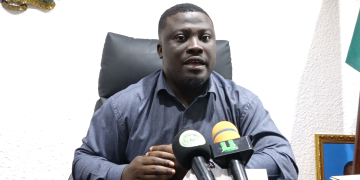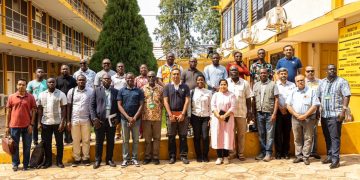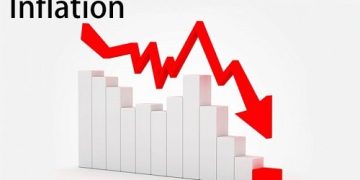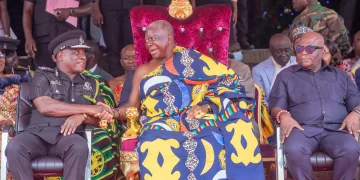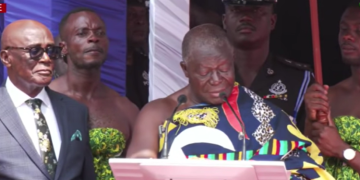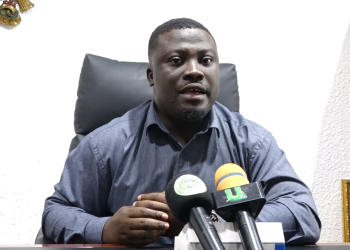The Public Interest and Accountability Committee (PIAC) has called on professional bodies and civil society organizations (CSOs) to actively engage with its annual reports, stressing the importance of collective oversight in ensuring the judicious utilization of Ghana’s oil and gas revenue.
During a media engagement in Sunyani, Mr. Ransford Tetteh, a former editor of the Daily Graphic and the Ghana Journalists Association’s (GJA) representative on PIAC, emphasized the crucial role of institutions such as the Ghana Bar Association (GBA), the Ghana Journalists Association (GJA), the Chartered Institute of Accountants Ghana (ICAG), the Ghana Institute of Engineers, and religious bodies in holding the government accountable to the Petroleum Revenue Management Act (PRMA).
“Since 2010, violations and directives of the Petroleum Revenue Management Act have been repeatedly breached by successive governments, with little to no consequences,” Mr. Tetteh pointed out. He argued that PIAC alone cannot fulfill the oversight responsibilities required to ensure proper management of petroleum revenue and urged these professional bodies and CSOs to support PIAC’s efforts.
The media engagement aimed to equip journalists with the knowledge needed to understand, analyze, and shape their reportage on the utilization of petroleum revenue in Ghana. Mr. Tetteh reminded the media of their constitutional mandate under Article 162(5), which enjoins them to hold the government accountable on behalf of the citizens.
Ghana has reportedly received about $10 billion in oil revenue since 2010, but Mr. Tetteh lamented that there is little to show for it. He urged the media to investigate how these funds have been used, highlighting the need for transparency and accountability in the management of the country’s oil wealth.
Adding to the discussion, Mr. Edward Afriyie, another member of PIAC, expressed concern over the continued decline in Ghana’s oil production. He noted that crude oil production has decreased for the fourth consecutive year, with output dropping from a high of 71.44 million barrels in 2019 to 48.25 million barrels in 2023—a decline representing an annual average reduction of 9.2%. Mr. Afriyie called on the government and relevant regulatory bodies to take immediate steps to address this worrying trend.
The engagement underscored the importance of collaborative efforts between PIAC, professional bodies, CSOs, and the media in ensuring that Ghana’s oil and gas revenues are managed in a manner that benefits all citizens.


